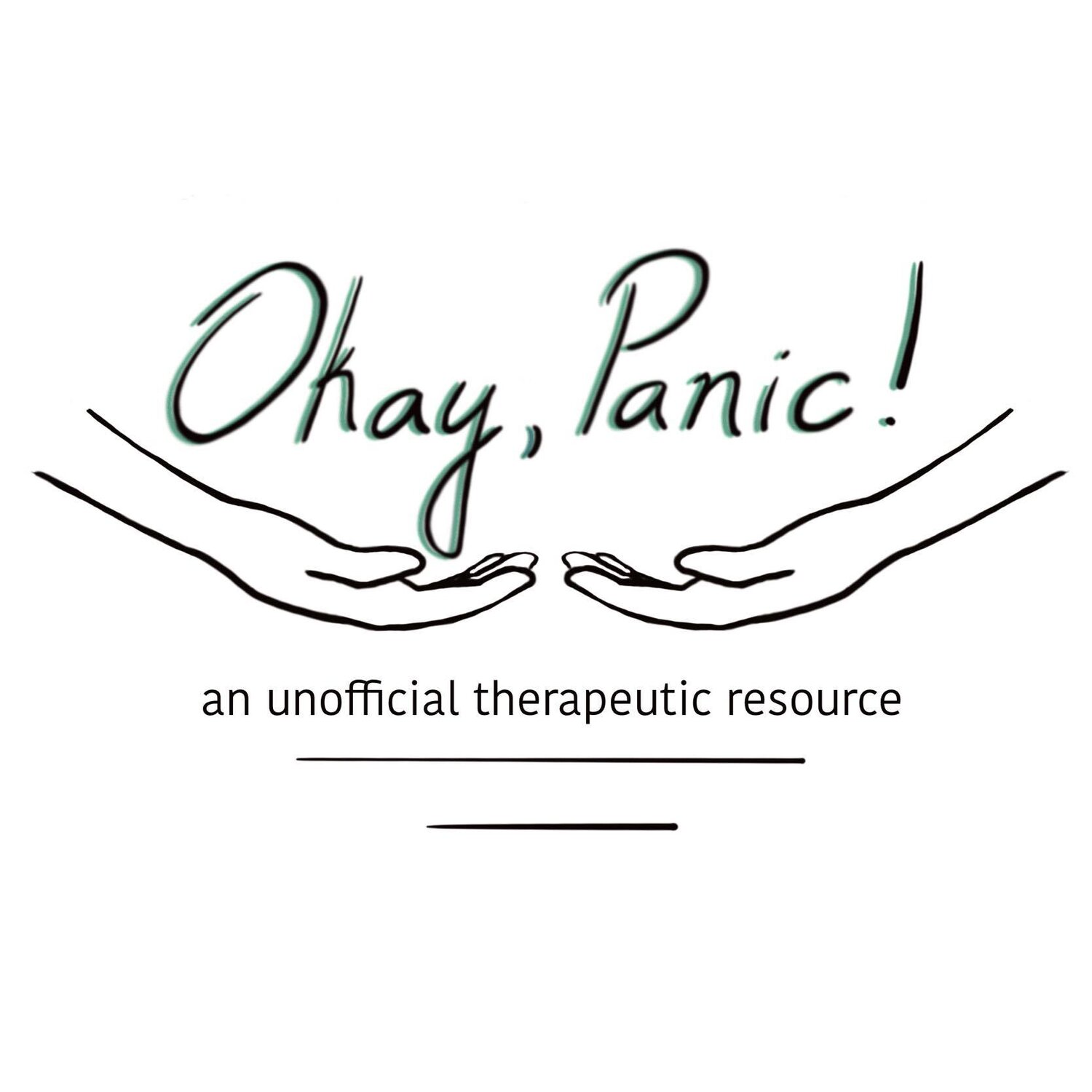Empathy
Illustrations by Mia Clow
I want to talk about empathy today. It won’t be long, I promise. I will try to keep it short and sweet. Since March there have been three words that seem to pop in and out of my head over and over again – Empathize, Educate, and Empower. But empathy is something that is close to my heart and always seems to weave in and out of any challenging scenario I come face-to-face with. So, what is empathy? It might be one of those words we throw around a lot without really knowing what it means. It often gets confused with sympathy. What exactly is it?
One of my favourite explanations is Brené Brown’s. She says, “Empathy is feeling with people.” It’s not just seeing someone feeling sad, it’s getting right in there with them and feeling it too. She continues to explain that it is a vulnerable choice because it means, “…I have to connect with something in myself that knows that feeling.” I have to be ready to let that guard down. Have you ever seen the movie Inside Out? There’s a scene in the film where Bing Bong loses his rocket and with it a lot of hopes for big adventures. He sits in sadness and mourning for everything he just lost. Joy bounces around him trying to cheer him up and distract him from his feelings, but it’s Sadness that sits down with him and acknowledges the pain he’s going through. She joins him in feeling sad, and they sit together in that sadness while they talk. After a good hug and cry, Bing Bong feels ready to continue their journey. Joy had good intentions, (although she also has some ulterior motives like getting to the train station), but she wasn’t taking the time to get in that dark scary pit of sadness with Bing Bong and say, hey, you’re right. This is really hard.
That’s empathy – being able to recognize and validate someone else’s feelings. Have you ever turned to someone to get something off your chest, and all you get is a list of suggestions back from them of how to fix the problem? You may have walked away feeling worse or at best the same as before. You may have gotten sympathy, but not necessarily empathy. You needed someone to understand you. And so that’s my simple ask of everyone reading this. Could we add a little more empathy into our lives?
And let me clarify one more thing – empathy doesn’t necessarily lead to excusing behaviour. If a kid starts running in the hallway, and knocks someone over and we ask,
“Why did you do that?”
The kid says, “I didn’t see them around the corner - it happened so fast.”
“Well why were you running?”
“I saw someone else doing it and it seemed fun.”
We can empathize that sure, running around the halls might be fun and perhaps the kid was misguided by someone else’s behaviour, but it doesn’t mean the kid is suddenly allowed to run through the halls. It also doesn’t mean there isn’t going to be a consequence for his actions. I don’t think that, just because we can empathize with someone, means we also need to excuse behaviour. If anything, trying to empathize helps us better maneuver that conflict. If I can understand where you’re coming from, maybe I have a better shot at getting you to understand why what you did was not okay.
I also don’t think empathy has to exist on its own – I think we can be frustrated and angry and any other myriad of emotions while also connecting to a little empathy.
Let me end on that note. Hold on to love and hold on to your ability to connect. Let’s allow empathy to guide us to be better for ourselves and others. Make a little space for it in everything you do, and let’s just see where we end up.
Stay open, stay positive.
-B

